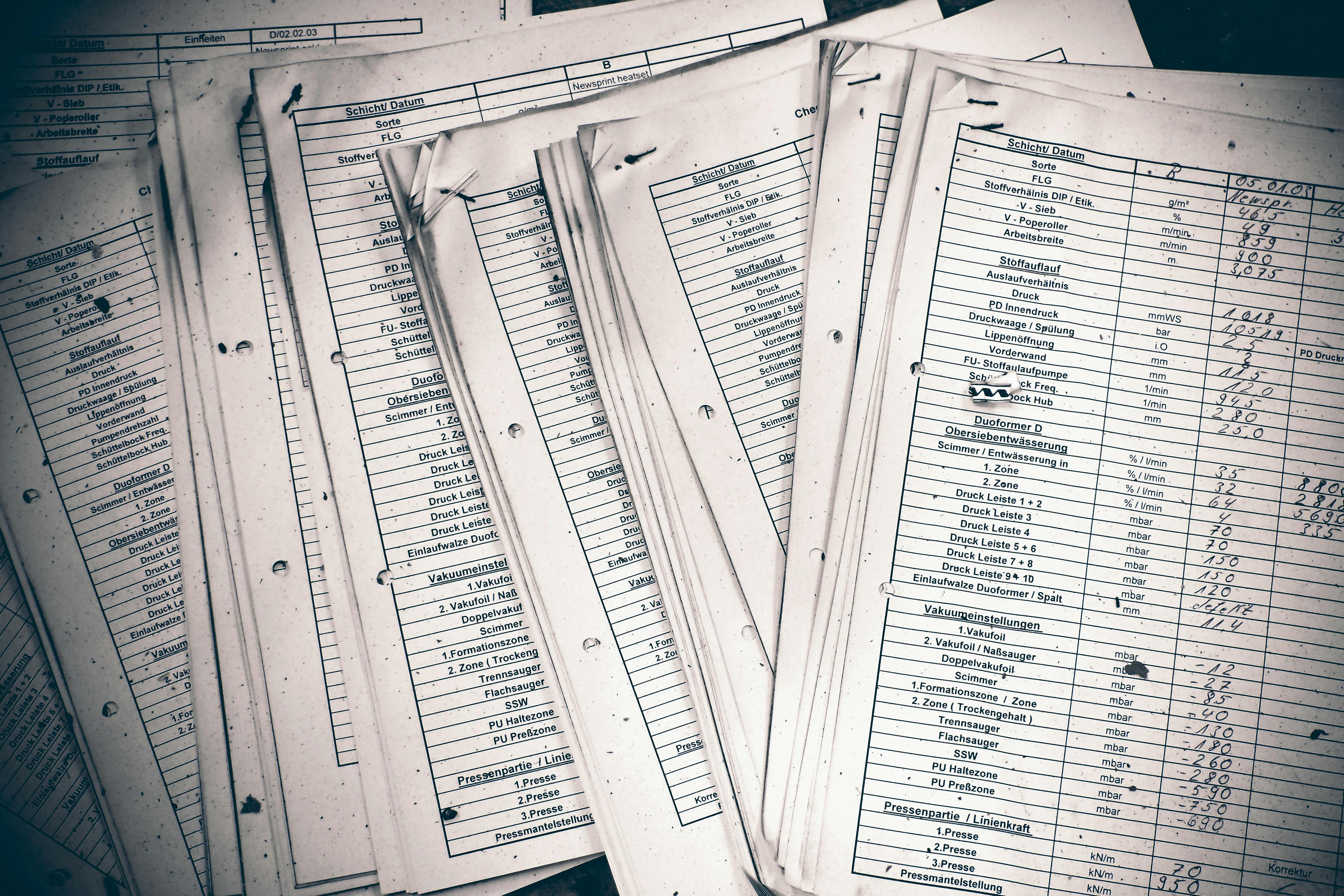emergency kit. FINRA provides a detailed list of what to include:
1. Cash and keys. Cash is king in most emergencies since you may not be able
to access ATMs or other electronic forms of payment. Also pack a set of
essential keys (including a spare to a safe deposit box, if you have one). Tip:
You can put a credit card in your kit for good measure, but don't depend on it.
2. Contacts. telephone numbers, emails or other contact information for family
members, and medical, financial and business contacts. Store electronically
& have a paper copy in your kit.
3. Personal identification. You may have to confirm your identity to obtain disaster
relief services, file insurance claims, or get access to your property and
financial assets. Include copies of passports, driver's licenses, Medicare and Social
Security cards.
4. Paper or electronic copies of
important financial records.
A short list of financial documents to put in your kit includes mortgages,
property deeds, legal documents such as a Power of Attorney and insurance
policies. Also include recent financial statements for bank accounts, credit
cards, brokerage accounts and statements related to investments that might be
held outside a brokerage firm. A
password-protected flash drive or file might be safer (and lighter) than hard
copies—as long as you have a way to access the files.
5. An inventory of your valuables
and personal belongings. This will
help you maximize the benefit from your insurance policies and will expedite
the claims process. Tip: Understand what your insurance covers and what
will be required to make a claim in the event disaster strikes.
Get the details at: http://www.finra.org/investors/highlights/disaster-planning-5-things-financial-emergency-kit?utm_source=MM&utm_medium=email&utm_campaign=AI%5F090517%5FFINAL








